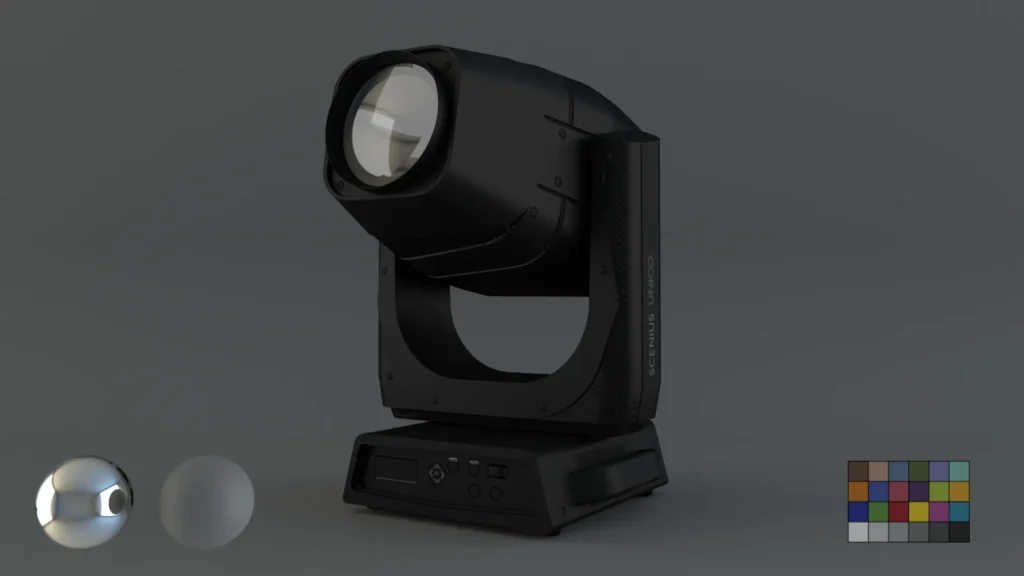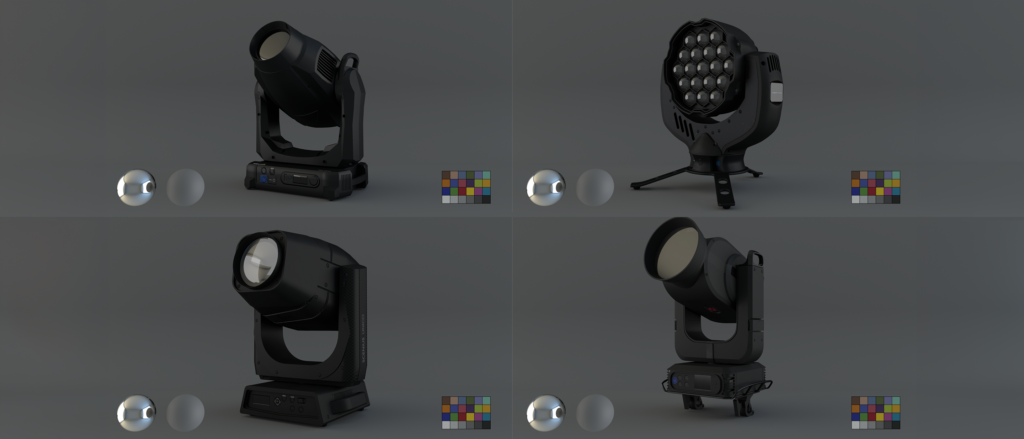01.
Goal
The primary objective was to transform concepts from the art director into fully 3D rendered images that could serve as photo-realistic pitches to secure new business. The main challenge was to build a library of high-quality assets to speed up the concept rendering process, all while learning to use Cinema 4D, a software that was new to me at the time.
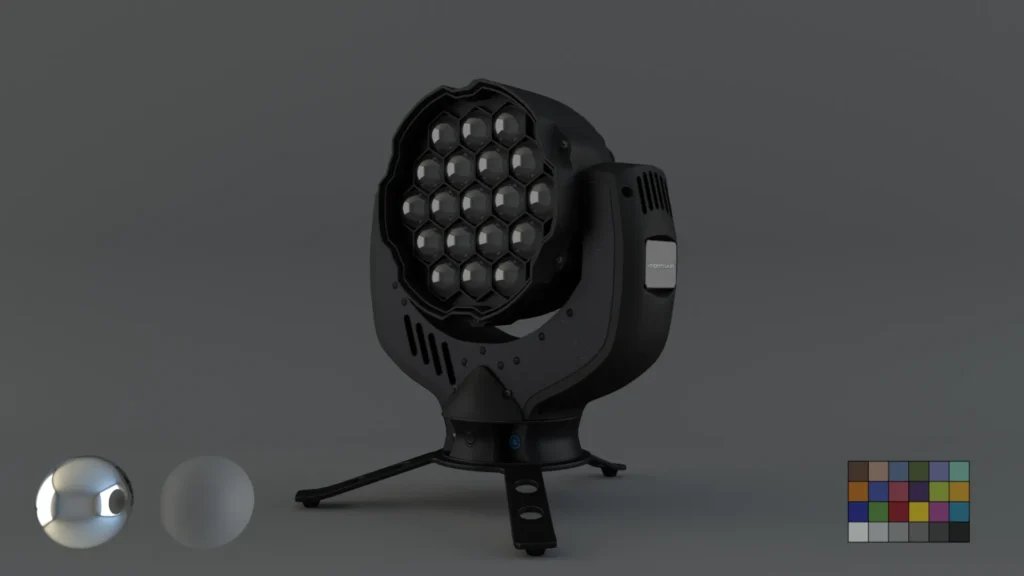
02.
Process
My approach to this project involved several key steps:
- Research: I identified the most frequently used assets and existing assets that were of poor quality. This was to ensure the creation of frequently needed items and improvement of those that lacked quality. I also collected orthographic images to ensure models were accurate to real-life dimensions.
- Modeling: The hard surface modeling phase focused on creating accurate, low-poly assets to ensure efficiency in large scenes.
- Texturing: Using Substance Painter, I added detailed textures and normal maps, ensuring each model had the necessary labels and details for accuracy.
- Material Creation and Testing: The final phase involved importing the models and textures into Cinema 4D to create proper materials and conduct test renders. These test renders were used for feedback or final approval.
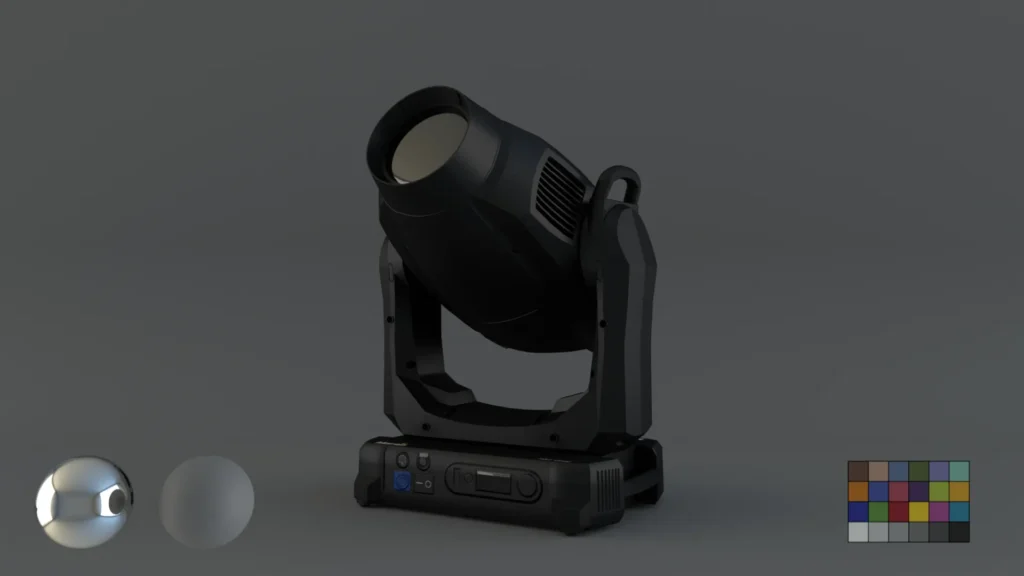
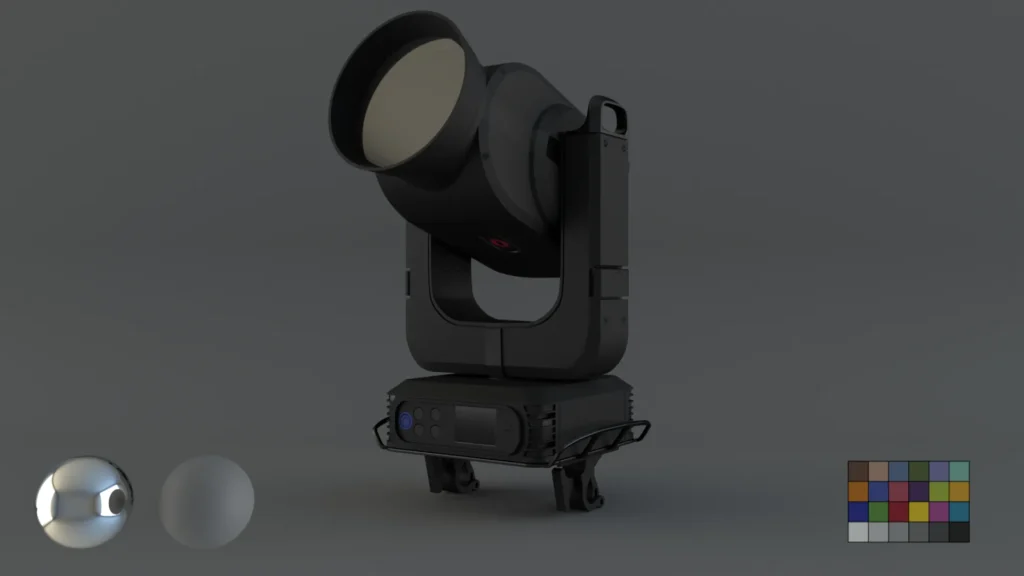
03.
Results
The project resulted in a small library of high-use, high-quality assets that were used in concept renderings for pitch decks. These rendered concepts played a crucial role in securing new business for Nimblist. The project not only met but exceeded expectations, particularly in terms of the quality and usability of the assets created.
This project was an invaluable learning experience. It pushed me to quickly adapt to new software and techniques, particularly in Cinema 4D. The success of this project underscored the importance of adaptability and continuous learning in my career as a 3D artist.
